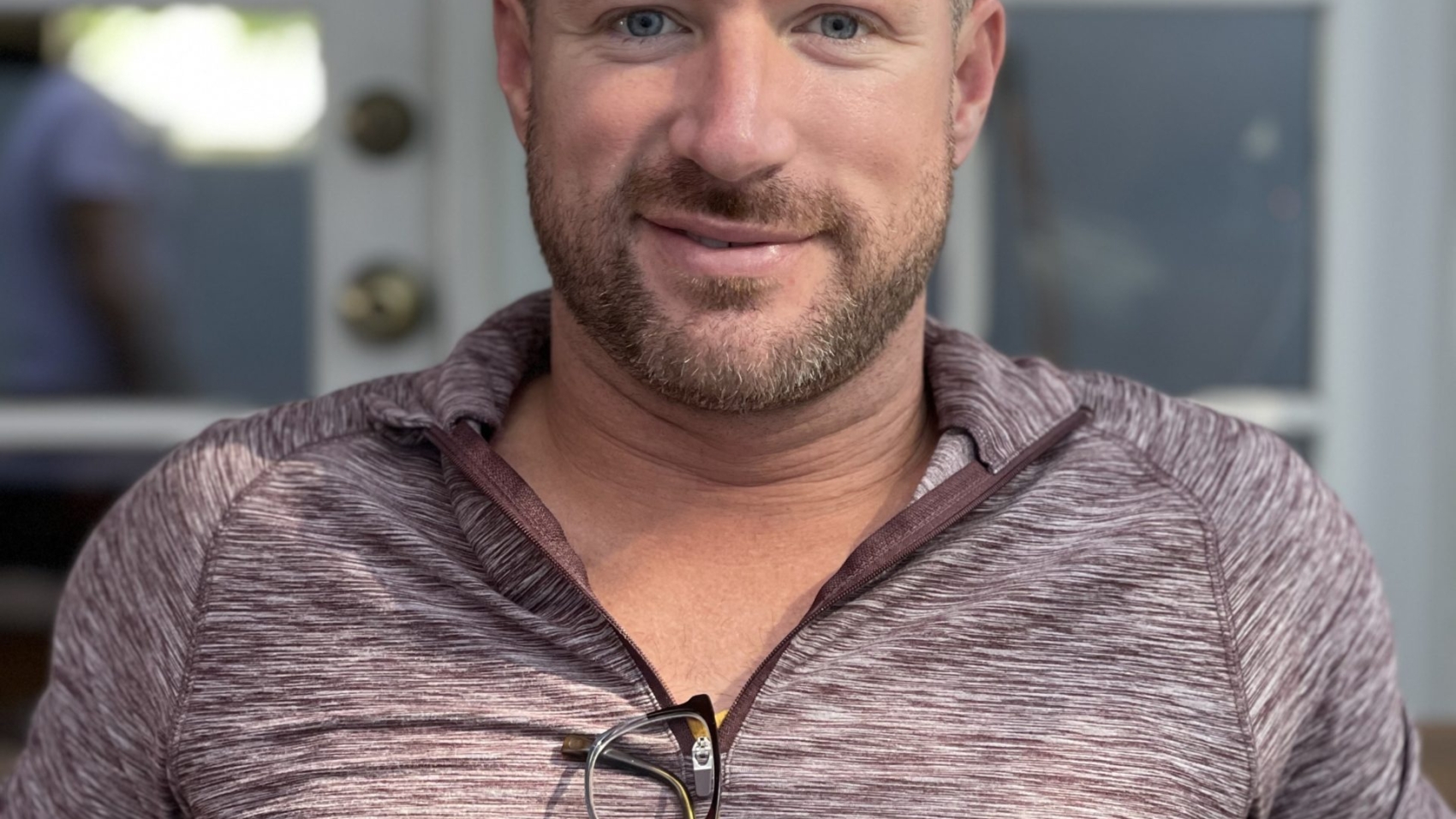Opioid use and addiction have been an issue in the United States for decades. Deaths related to opioid overdoses have gradually been on the rise over the past 20 years. More recently, fentanyl has been making the news because of the rising number of overdose deaths related to this drug. Overdose deaths related to fentanyl began to rise around 2012 and since has increased nearly 14-fold. These figures are very alarming and thus raise the question – Why is fentanyl so dangerous?
What is Fentanyl?
Fentanyl is a synthetic opioid, similar to morphine, oxycodone, and other pain relievers – except is it much more potent. It can be up to 100 times more potent than other opioids. It can be prescribed for pain relief, but it is typically used when patients become tolerant of other opioids. That is, they require more significant amounts of the drug to get the same effect. Because fentanyl is so potent, users can use less of this drug to relieve pain. When a doctor prescribes fentanyl, it can be given through an injection, a patch, or a lozenge. Fentanyl is also sold illegally in the form of a powder.
Why is Fentanyl So Dangerous?
High Risk of Addiction
It is very easy to become addicted to fentanyl because of how potent it is. Once people become addicted, it is challenging to recover because of how severe the withdrawal symptoms can be. Many people will return to use to escape the severe withdrawal effects. People going through withdrawal from fentanyl experience muscle and bone pain, sleep problems, diarrhea and vomiting, cold flashes with goosebumps, intense cravings, uncontrollable leg movements
High Risk of Overdose
Because fentanyl is much stronger, it doesn’t take as much to get the same effect as other opioids. If one is not careful, it is easy to take too much and overdose. It is especially dangerous if someone is addicted to opioids and not educated on fentanyl. They could overdose unintentionally due to not understanding its power.
Additionally, many people consume fentanyl without even knowing it and then overdose as a result. This occurs more and more often because many drug dealers are lacing other drugs, such as methamphetamine, cocaine, and heroin, with fentanyl to cut costs and increase effects.
Treatment for Addiction to Fentanyl (Or Other Opioids)
Overcoming addiction to fentanyl and other opioids is very difficult, but not impossible. Luckily, there are a lot of evidence-based treatments available to meet the needs of clients. Treatment options include:
- Long-term rehab: A 30-90 day stay at a 24/7 facility where you receive medication management and intensive group and individual therapy.
- Intensive Outpatient: 90 days of intensive group therapy about 3-4 times per week and individual therapy and medication management.
- Outpatient Services: Continued treatment that is less intensive once the client has been sober and completed higher levels of treatment.
- Medication-Assisted Treatment: Medications available to help people maintain sobriety and combat cravings.
How The Last House Can Help
The Last House is a sober living home located in Los Angeles. We are an aftercare facility for those trying to build a life free of drugs and alcohol. We have created a facility full of staff that strives to see you grow. The Last House is a place for you to figure out your strengths and interests as you maintain your sobriety. We can help you to meet your needs through your recovery. Contact us today to figure out how The Last House and Thrive Treatment fit into your journey to recovery.










